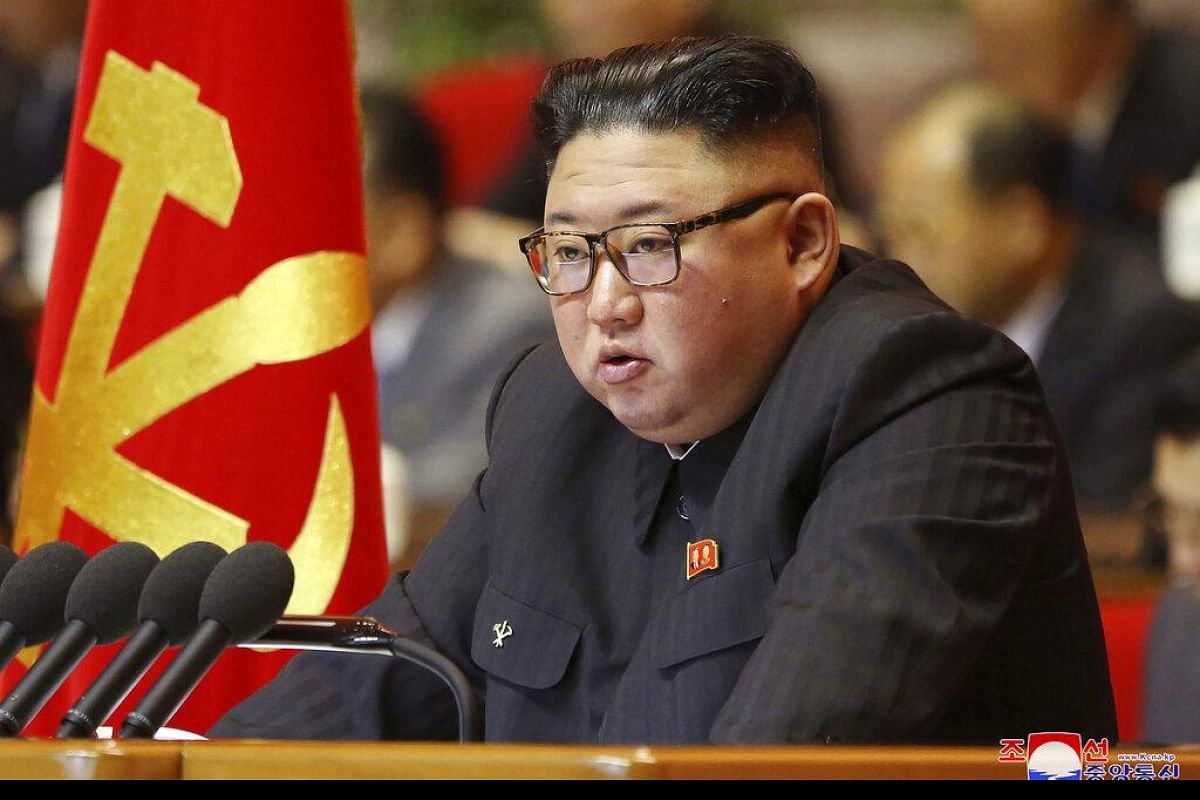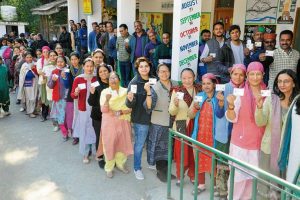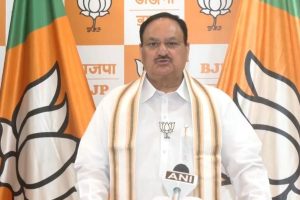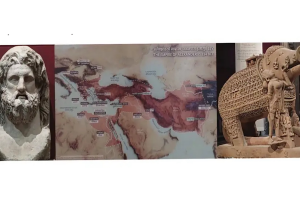The fourth plenary meeting of the 8th central committee of the Workers’ Party of Korea (WPK) coincided with the 10th anniversary of the leadership of President Kim Jong-Un, who assumed power after the death of his father in 2011. Notably, President Kim’s presentation underscored the need for more tractor factories and school uniforms rather than nuclear weapons.
Tangibly, he has underlined the imperative of close-to-the-bone issues such as industrial development, employment and education. Kim has utilized the opportunity of using earlier occasions such as when the New Year unfolds to buttress major policy announcements, such as dealings with South Korea and the United States. And yet, the summaries of his address this year, as published in the North Korean state media, made no specific mention of the United States.
There was only a passing reference to unspecified discussions of the equation between the two Koreas and what they call “external affairs”. By and large, Kim’s address was riveted to the problems of Pyongyang’s economic development which had been hampered in 2020 by the “self-imposed” anti-pandemic border lockdowns. Both have left North Korea more isolated than ever before. Confusion gets worse confounded as international aid organizations have warned the government helmed by Kim of looming shortages of food and a humanitarian crisis.
The North Korean leader reportedly told the gathering that “the main task facing the party and people next year is to provide a sure guarantee for the implementation of the five-year plan and bring about a remarkable change in state development and the people’s standard of living”. Ergo, the focus of his speech was on domestic issues, specifically a rural development plan, the “diet of the people”, school uniforms and the need to crack down on what he called “non-socialist practices”.
In point of fact, the emphasis on rural development has been called a “populist strategy” by Chad O’Carrol, the founder of NK News, a Seoul-based website that tracks North Korea. It was clear from Kim’s address that the North is facing severe economic challenges. Two factors have compounded the nation’s problems ~ its unsplendid isolation and the cache of crippling sanctions imposed by the Western powers.
Restrictions imposed to contain the pandemic have been exacerbated by the worsening floods. Kim has made it pretty obvious that there is a red herring too many on the trail towards the fulfillment of his nuclear ambition, in his reckoning a consummation to be devoutly wished for. And his subtext must be that nuclear proliferation and the equation with the United States ought not to take precedence over the quality of the citizen’s life.
The occasional bang in the sea is of little or no moment in day-to-day life. This precisely is the message that has been conveyed to the West, pre-eminently the United States. President Kim has harped on food and not nukes.











